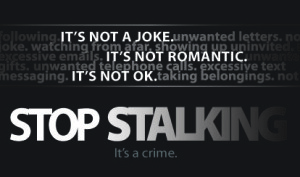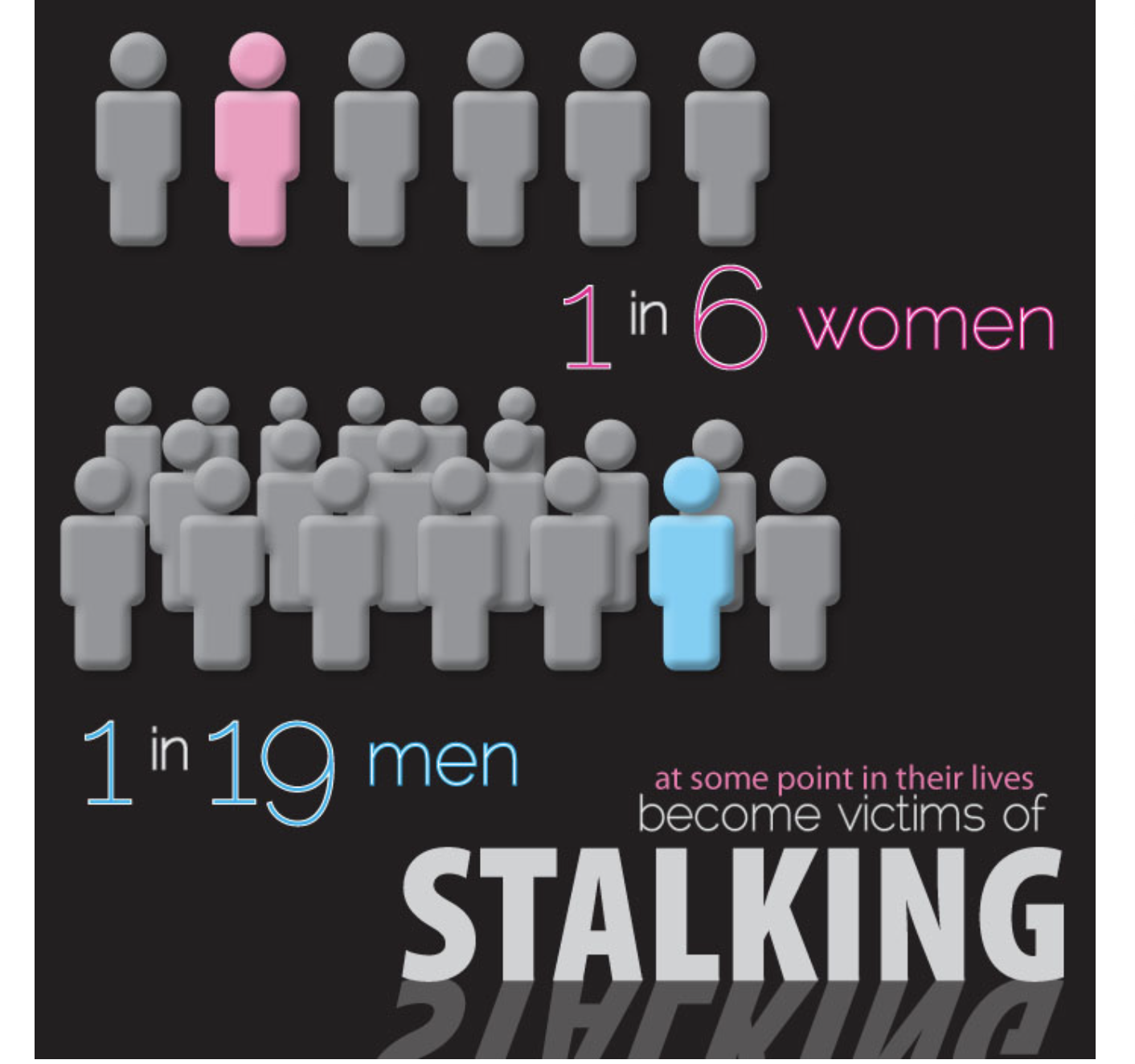More than one million people are thought to be victims of stalking every year, according to official estimates. While a majority of the victims are women, men face high rates too and the impact of stalking can be devastating.
The law (in the UK) was changed to make stalking a specific crime six years ago. In black and white it reads like this:
“[Stalking is] a course of conduct, it may then cause significant alarm, harassment or distress to the victim.”
So that can mean as little as two text messages (a course of conduct) – or anything and everything beyond that.Despite the large number of victims, statistics from the Crown Prosecution Service (CPS) show there were only 780 prosecutions in England and Wales in 2015/16 for stalking, with just 529 convictions.
A man who’s been stalking BBC News presenter Emily Maitlis for more than 20 years was recently jailed.She’s spoken about the devastating impact it’s had on her and her family, comparing the experience of being stalked to suffering from a “chronic illness”.
“It feels like sort of a chronic illness,” she told BBC Radio 5 live’s Emma Barnett Show. “It just makes you jumpy – and that’s stressful and it’s tiring and it’s time-consuming.
Click here for the full article, including advice on what to do if you fear you’re being stalked.
Stalking and Domestic Violence
 “While stalking may be perpetrated by strangers or acquaintances, stalking is most often committed against women by former or current partners. Any allegation of stalking should be taken very seriously as it is synonymous with increased risk of serious harm or murder. (Stalking was a feature in 40% of those domestic murders reviewed by the Metropolitan Police and has also been especially identified as a shared feature of murders where there have not been previously recorded incidents of violence).” – NHS
“While stalking may be perpetrated by strangers or acquaintances, stalking is most often committed against women by former or current partners. Any allegation of stalking should be taken very seriously as it is synonymous with increased risk of serious harm or murder. (Stalking was a feature in 40% of those domestic murders reviewed by the Metropolitan Police and has also been especially identified as a shared feature of murders where there have not been previously recorded incidents of violence).” – NHS
Free Yourself Global Campaign
This campaign explores the enculturation of violence through families over generations, and how does one, whether the abuser or the abused, interrupt the pattern of violence? More importantly, this initiative hopes to bring together all of the voices of the participants of domestic violence, including recovering abusers, victims, children, educators, support agencies and health professionals, law enforcement agencies, politicians, celebrities and social entrepreneurs who work to aid in this cause. It is in this aim that “Free Yourself” inspires us. When all stakeholders come together in a grass roots forum, we strengthen our ability to understand, address, and end the cycle of domestic abuse.
For more information on how to become involved in this breakthrough campaign, check out our website FreeYourselfGlobal.com and Facebook page @FreeYourselfGlobal and/ or email info@freeyourselfglobal.com

